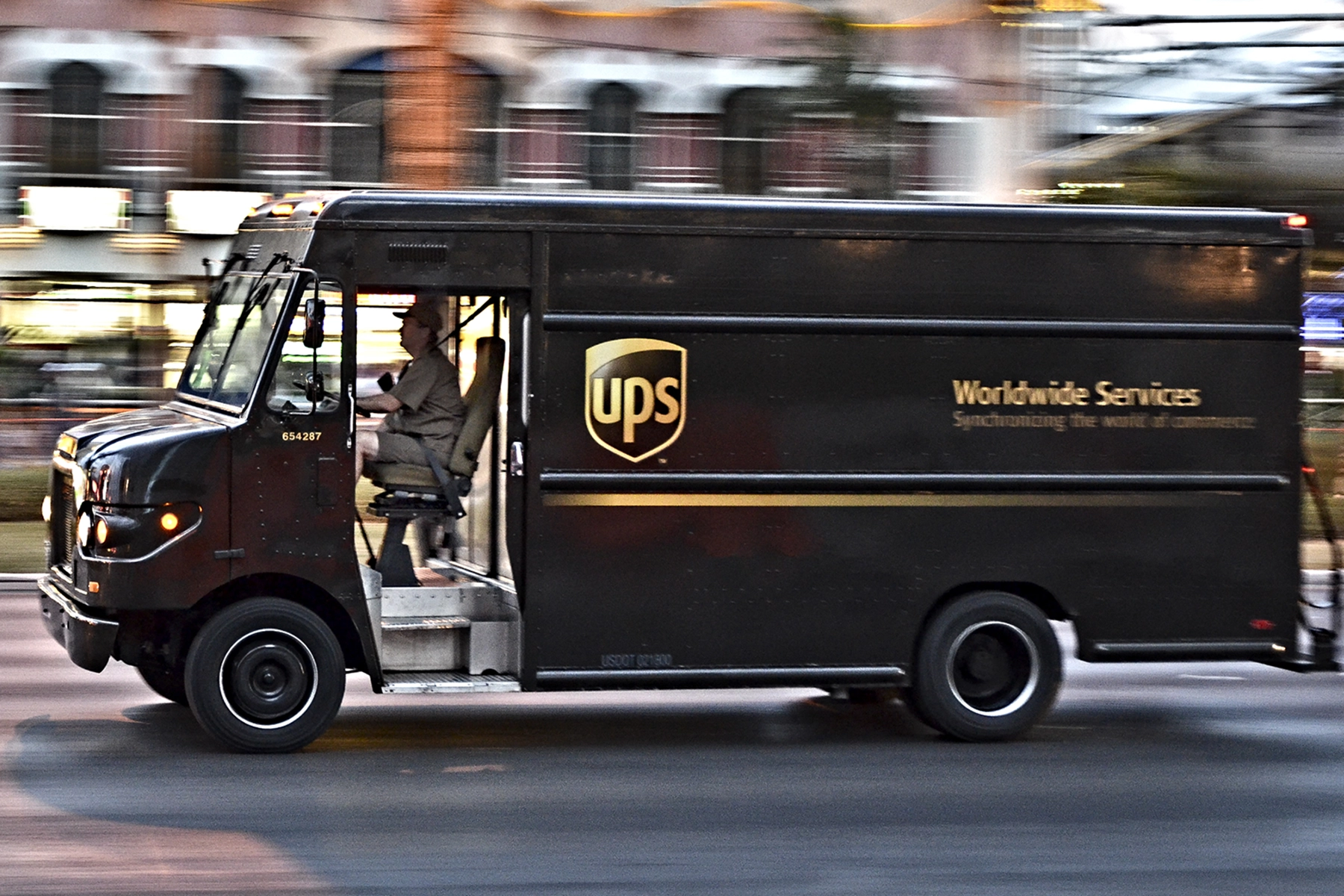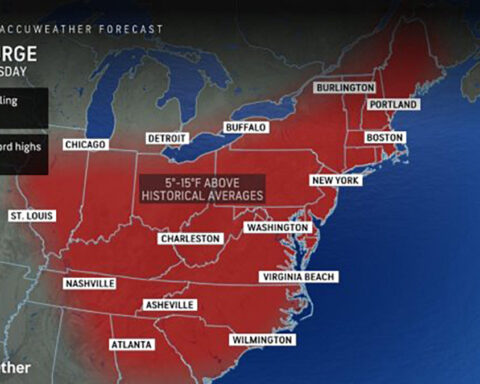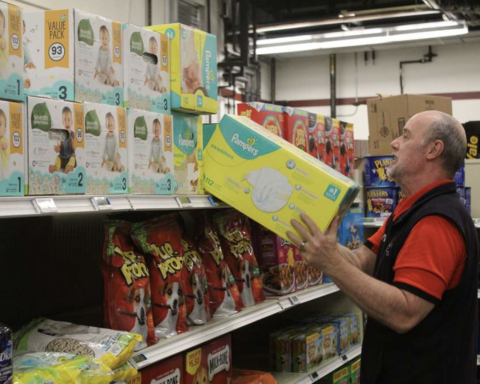by Kathryn Carley
More than 300,000 people in Massachusetts lack access to proper dental care, and health advocates said increasing the number of licensed dental therapists in underserved communities could help.
Dental therapists are similar to nurse practitioners and can perform the most commonly needed treatments such as preventive cleanings or fillings, helping uninsured patients avoid costly trips to the emergency room.
Dr. William Giannobile, dean of Harvard Dental School, said schools in Massachusetts hope to train dental therapists but first require legislative and regulatory approval.
“There’s a bottleneck in the whole approach,” Giannobile explained. “Because many in organized dentistry still; they’re grappling with the dental therapist model on how they can build it into a practice setting.”
Recently introduced legislation would allow for the licensure of dental therapists in the Commonwealth, and Giannobile emphasized he envisions them working in public health clinics as well as emergency rooms, where dental visits cost the U.S. nearly $2 billion annually.
Increasing the availability of dental therapists can also create a more diverse dental workforce, helping bridge language and cultural barriers in low-income or immigrant communities.
Dianne Smallidge, dean of the Forsyth School of Dental Hygiene at Harvard University, said overall community health improves when dental care improves.
“We have a much higher success rate with patients being compliant, understanding what their needs are and continuing to seek treatment and getting it at our clinic if they’ve had a clinician that speaks the same language,” Smallidge observed.
The training required for dental therapists is shorter and less expensive than regular dentistry, making education more accessible for therapists in rural communities. Dental therapists can also help reduce wait times for appointments, something anyone who has ever suffered from dental pain can appreciate.









